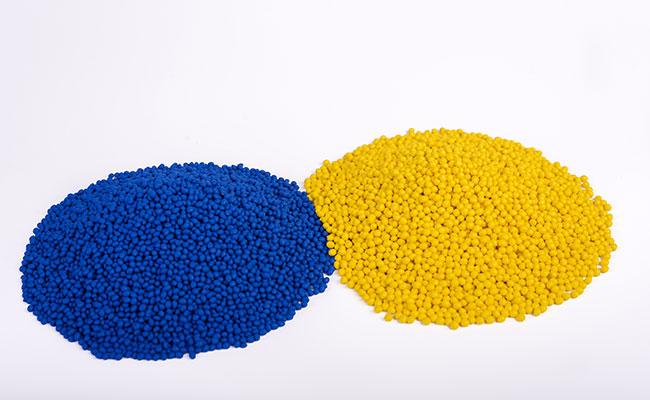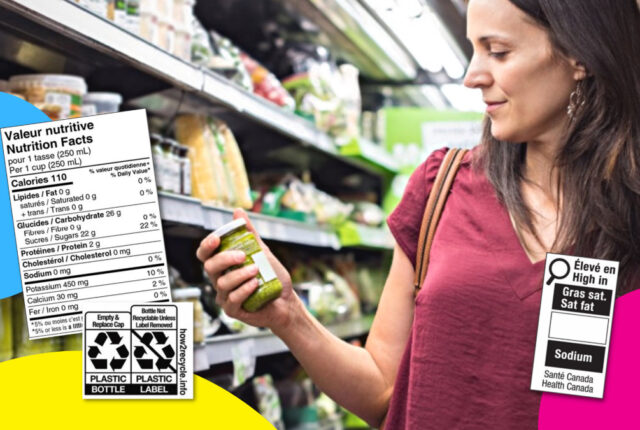A recent shocking statement that came out of the Davos summit has rung out across the world.
“There will be more plastic than fish in terms of weight in the world’s oceans by 2050”
The statement is part of a study prepared by the World economic forum and the Ellen MacArthur Foundation called “The New Plastics Economy: Rethinking The Future of Plastics” . It proposes a major shift in the way plastics are made, consumed and disposed of/recycled.
Plastics Study Facts
Many of the facts presented in this study are sobering.
- Plastic packaging represents the largest portion of all plastics, at 26%
- Only 14% of all plastic packaging is actually recycled.
- 40% of it is landfilled
- 32% of all plastic escapes recycling or proper disposal entirely, and are “leaked” into the environment, with an expected life of centuries.
- By 2025, the ocean is expected to contain 1 ton of plastics for every 3 tons of fish, which leads us up to the statement at the beginning of this article.
Circular economy principles
The study recommends making strong efforts to apply the principles of circular economy to plastics, i.e. using a system that puts emphasis on restoring and regenerating its resources. This would include creating “and effective after use economy”, where plastic gets reused over and over again.
At least one company, TerraCycle is already successful at using this logic for profit.
As startling as the report’s outlook is, how many manufacturers and packagers will take note and do something about it? Some already are. As for the rest, if they don’t then consumers certainly will.
Take for example the findings of this study, presented at the international dairy show in Chicago last September, by EcoFocus Worldwide. It states “healthy beverage shoppers”, whose buying power represent 46% of all grocery shoppers are quite eco conscious:
- 60% have avoided purchasing products from companies when they learned that they did not have socially responsible practices
- 55% have avoided purchasing products from companies when they learned that they did not have environmentally responsible practices
- 86% believe that little changes they can make, can add up to big things for the environment
In our opinion, the choice of Eco responsibility is no longer a bandwagon or a trend. Rather, it has become an inescapable business reality for packaging companies who wish to be successful in today’s markets.
Where to start when wanting to manufacture or package more responsibly? Consult a company that has in depth knowledge about packaging and co-packing, but also specialises in research to help you find the most viable solution for your needs.
We’re happy to help.







